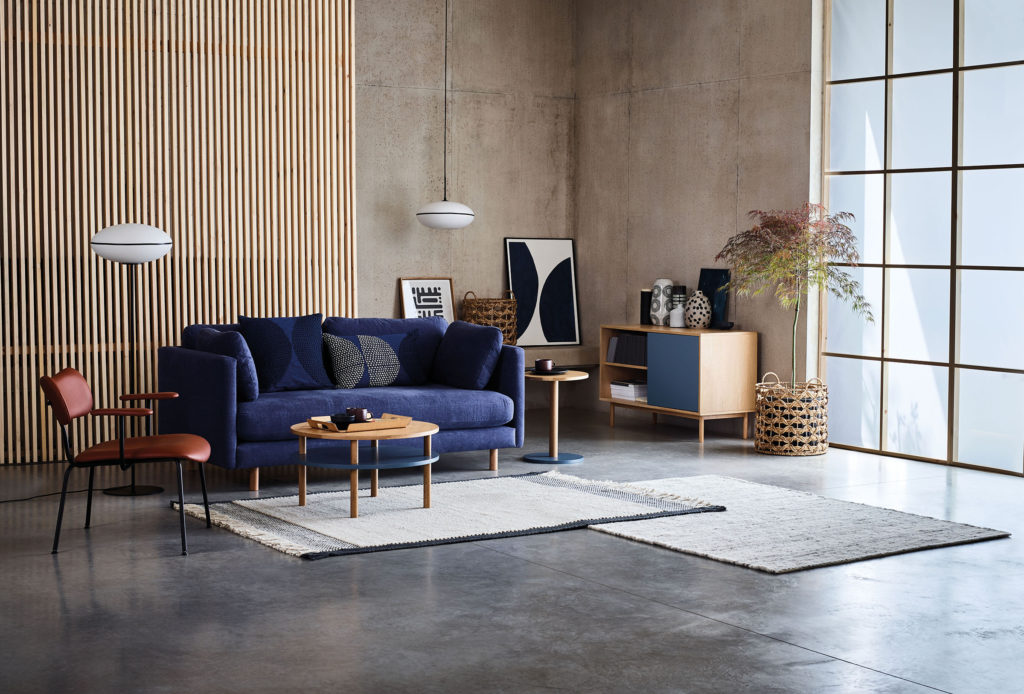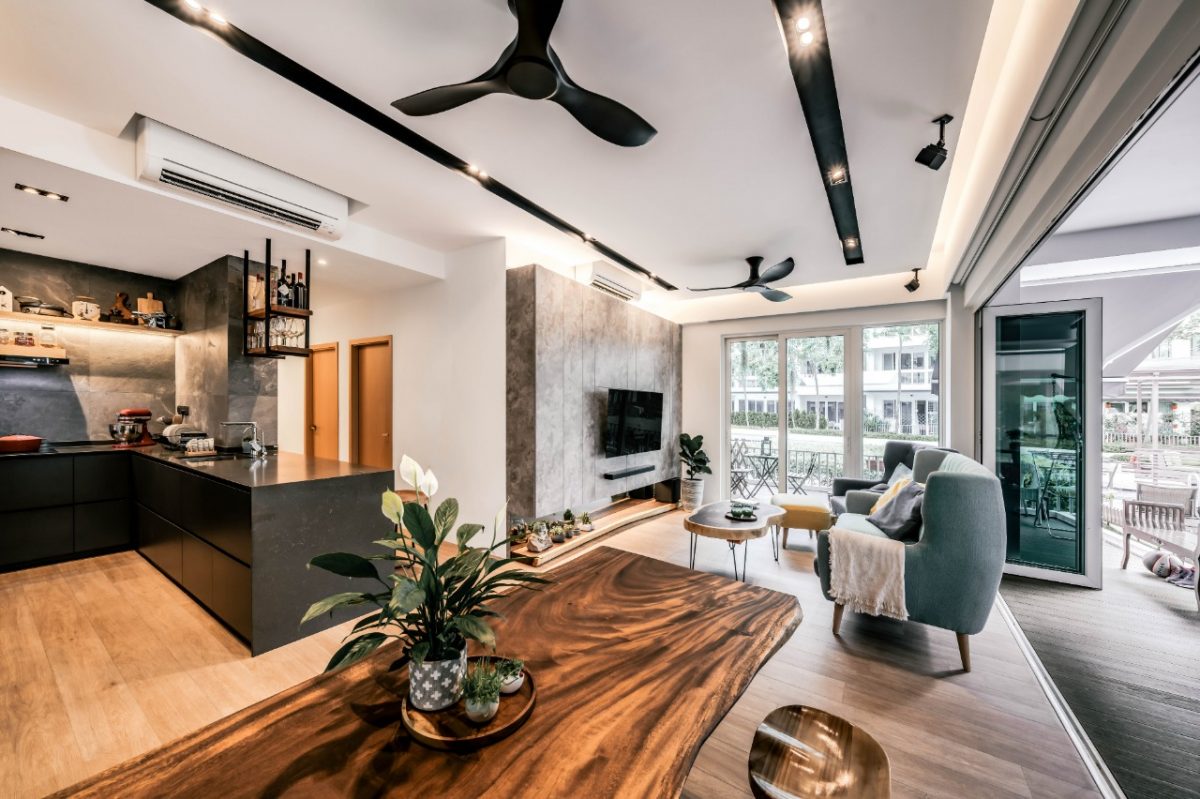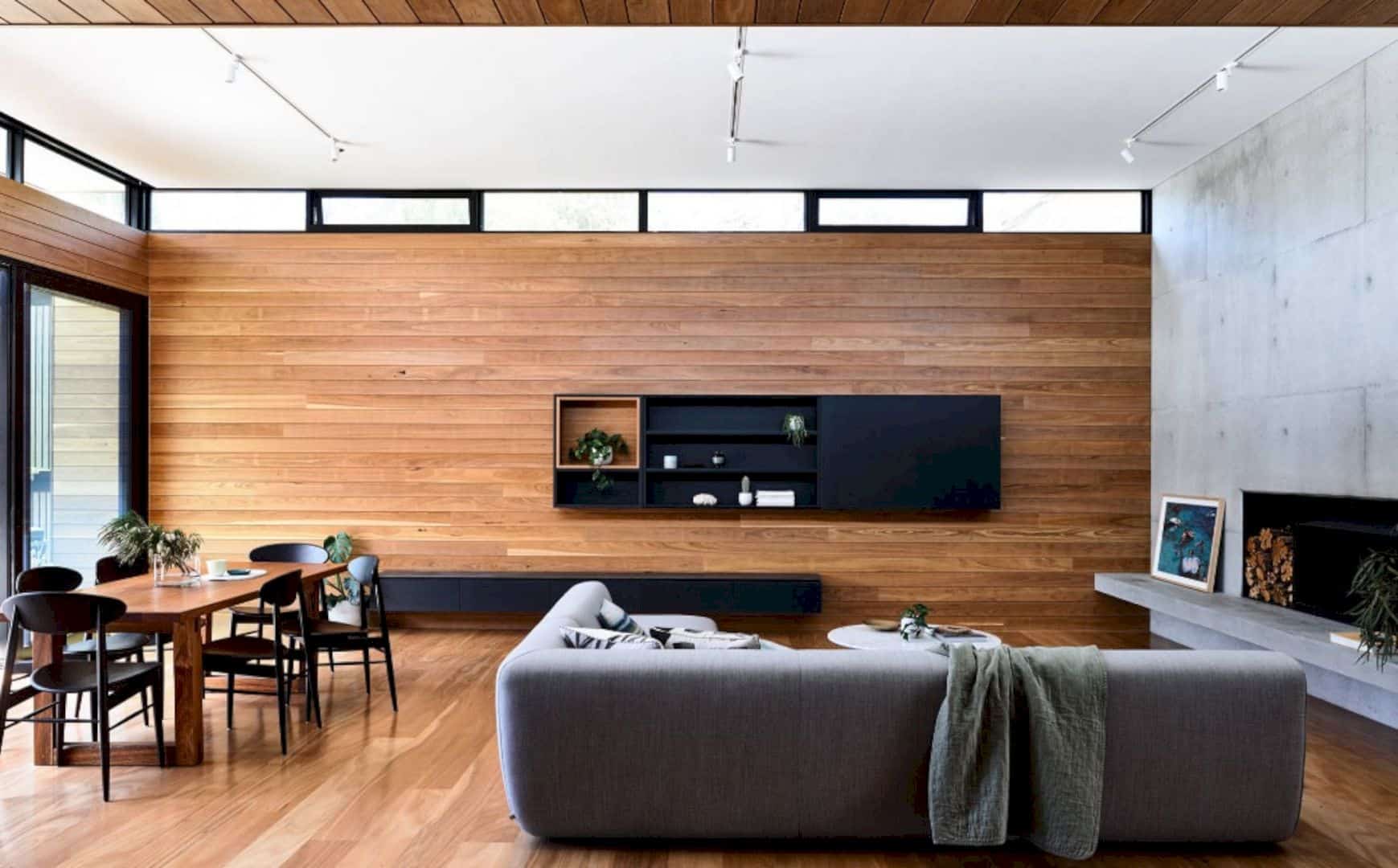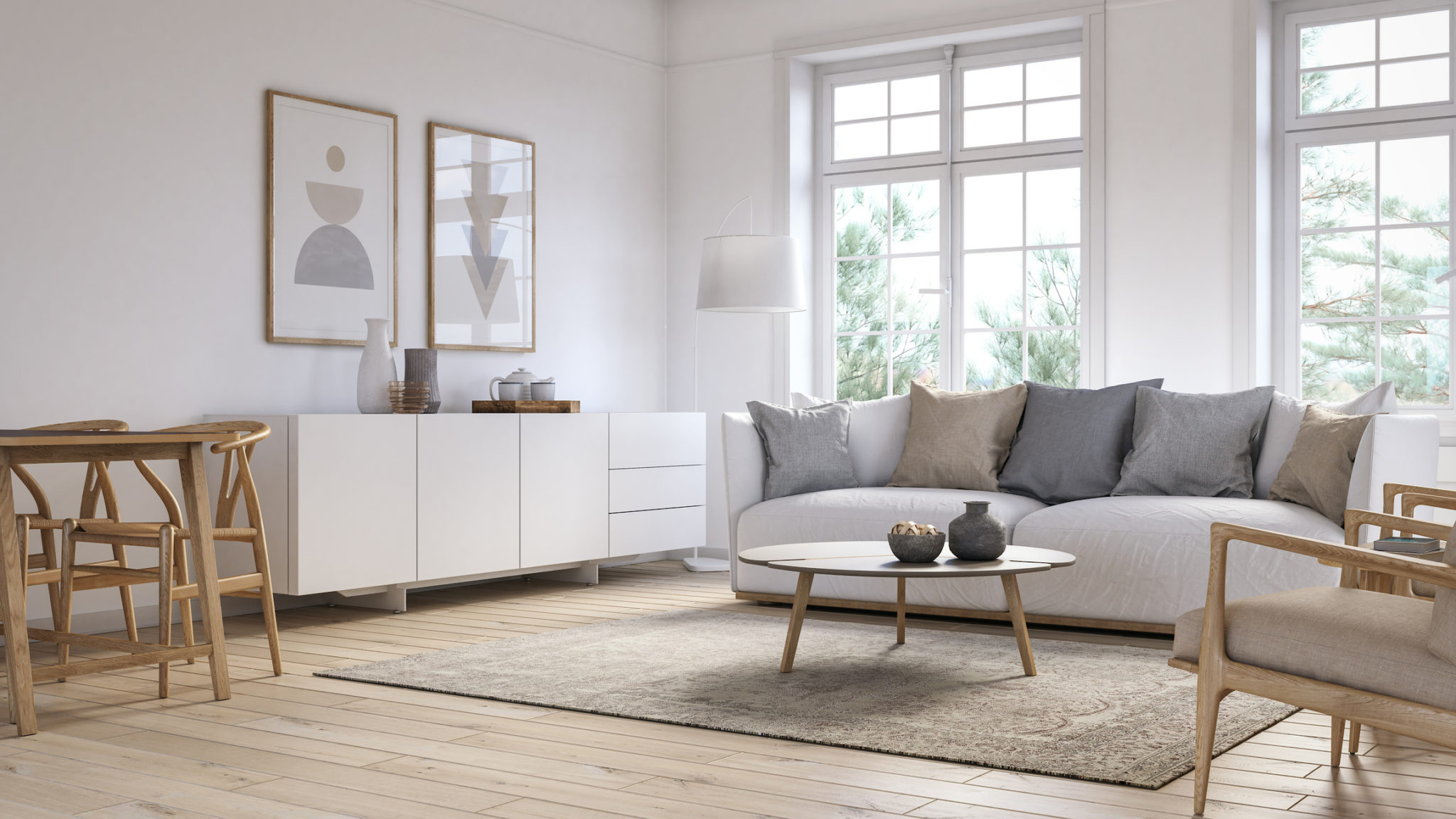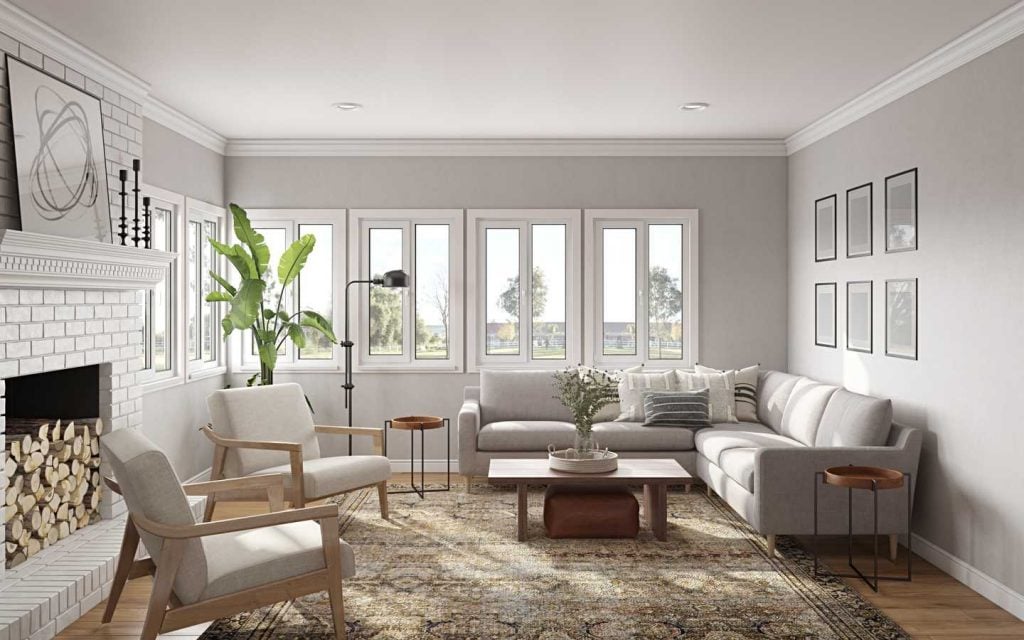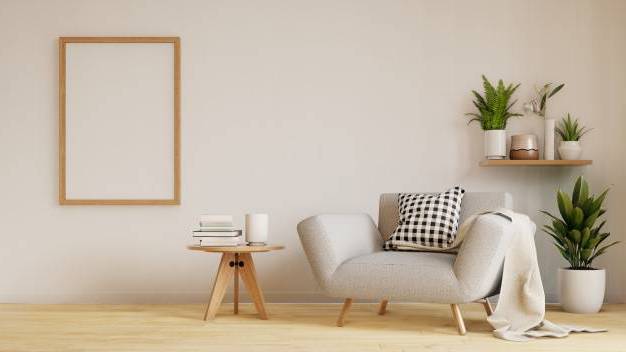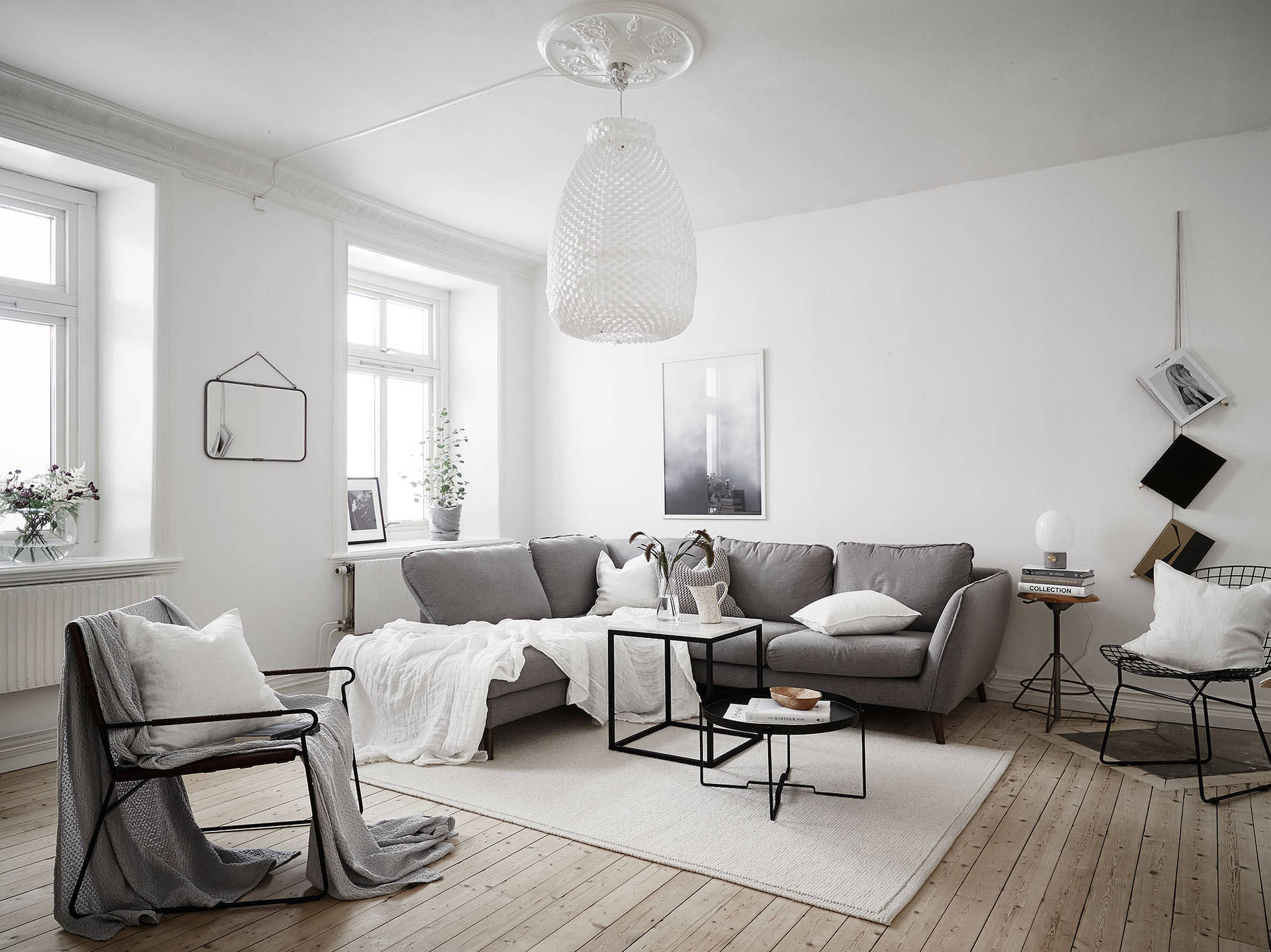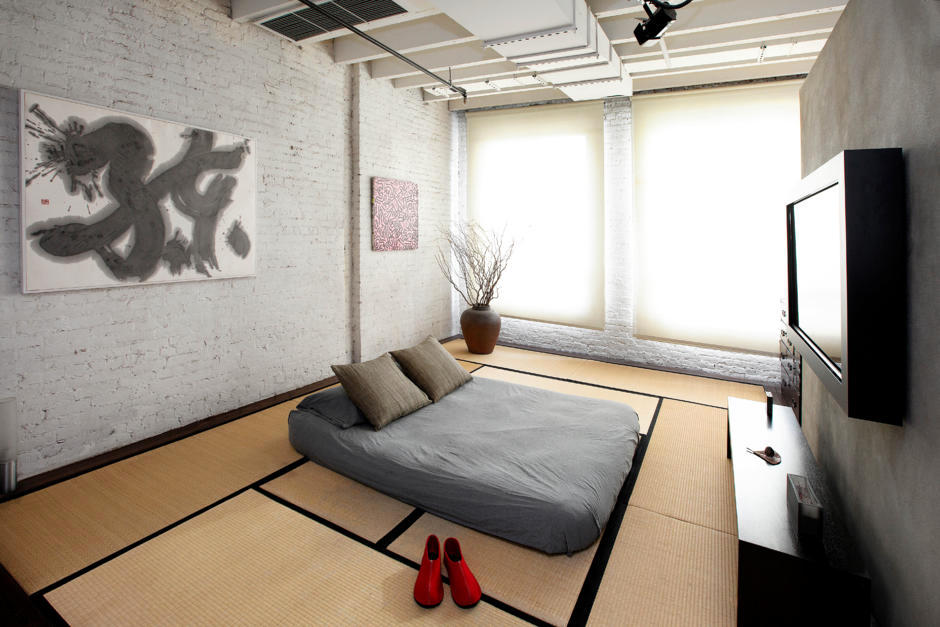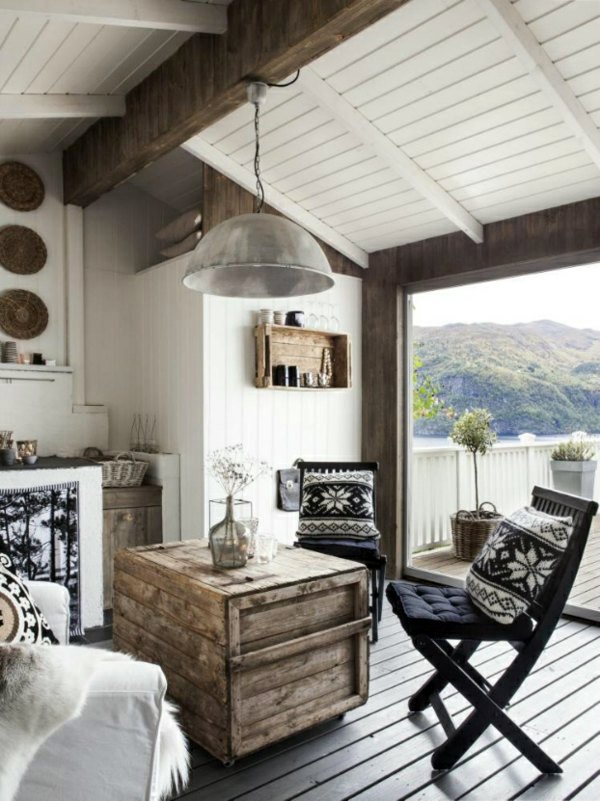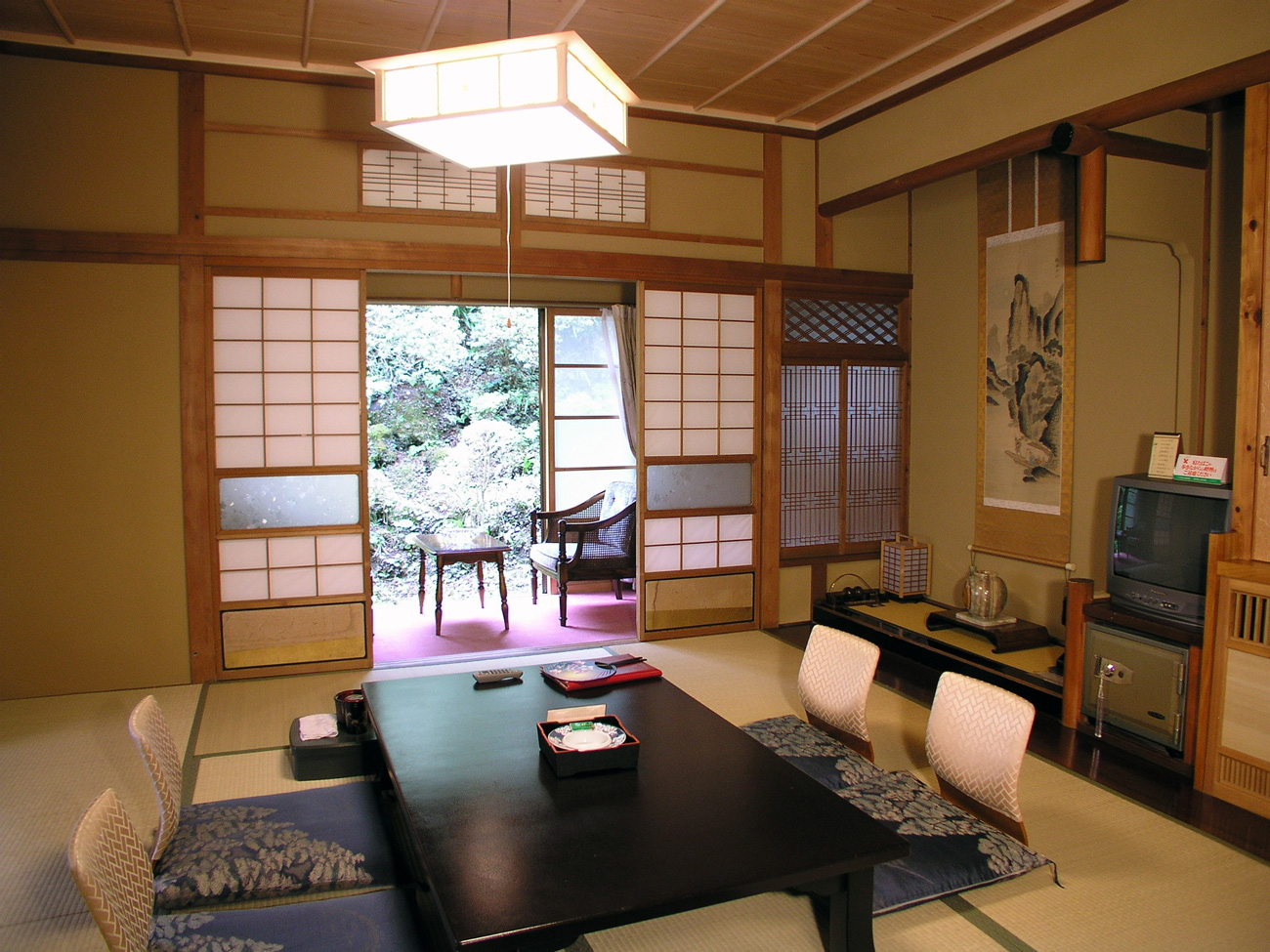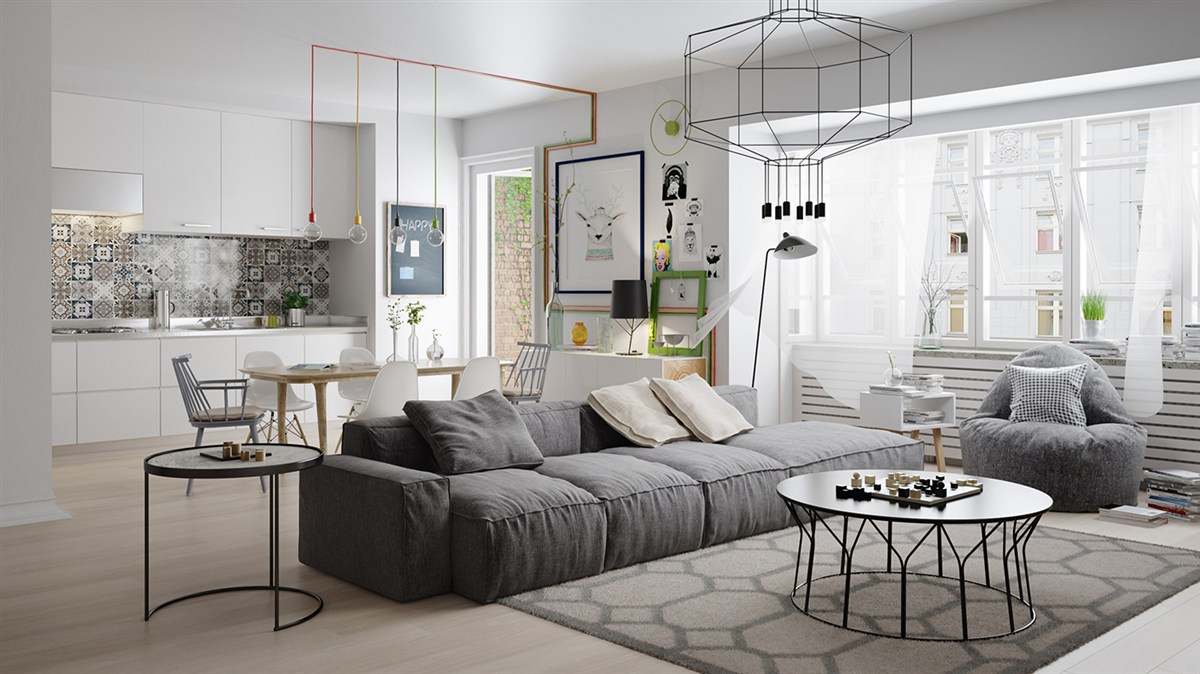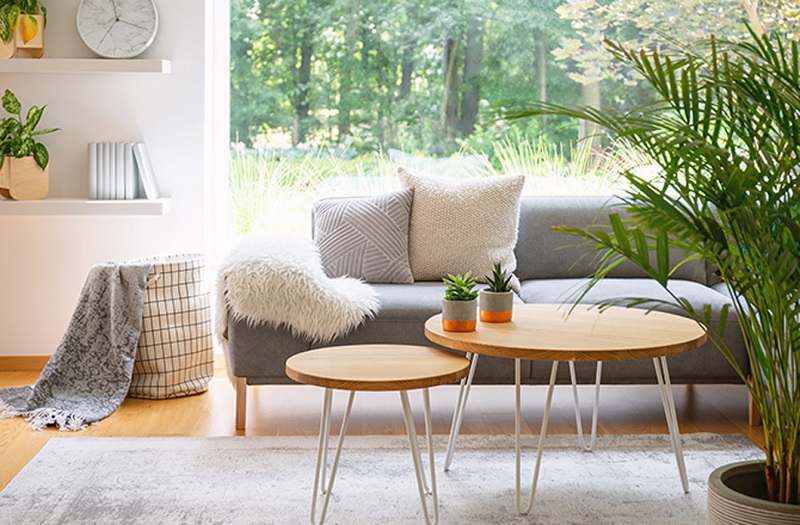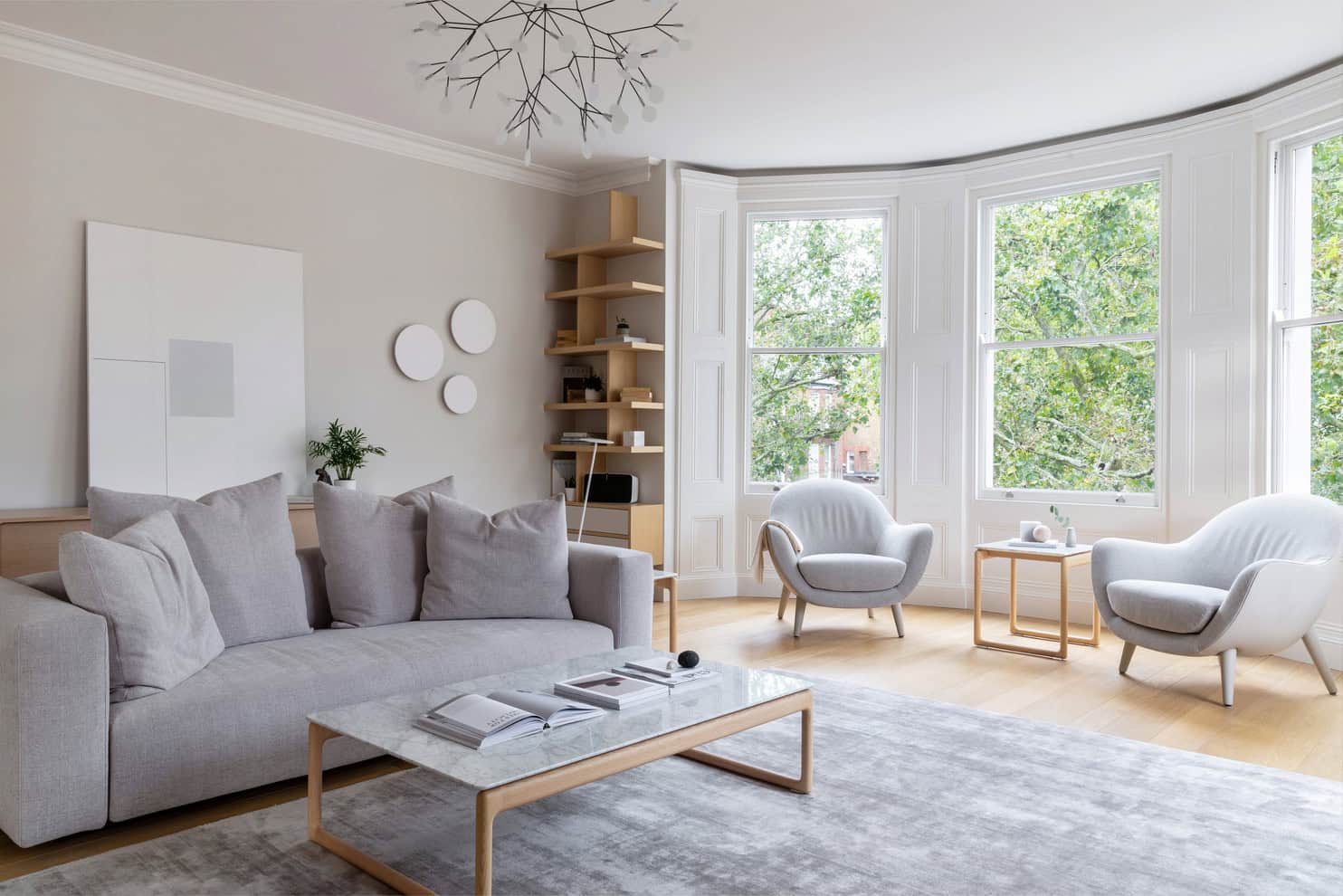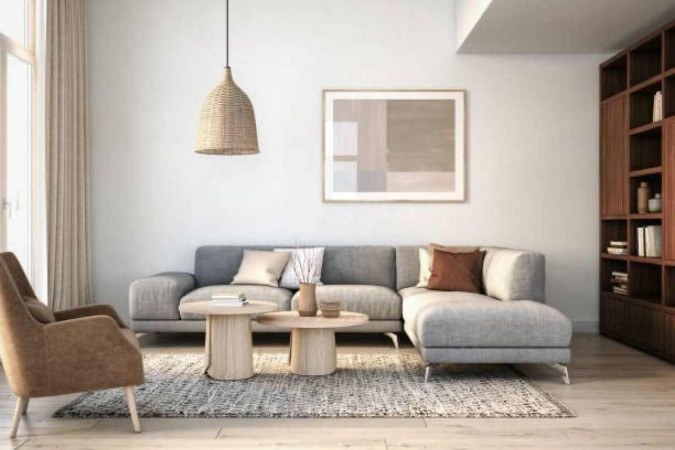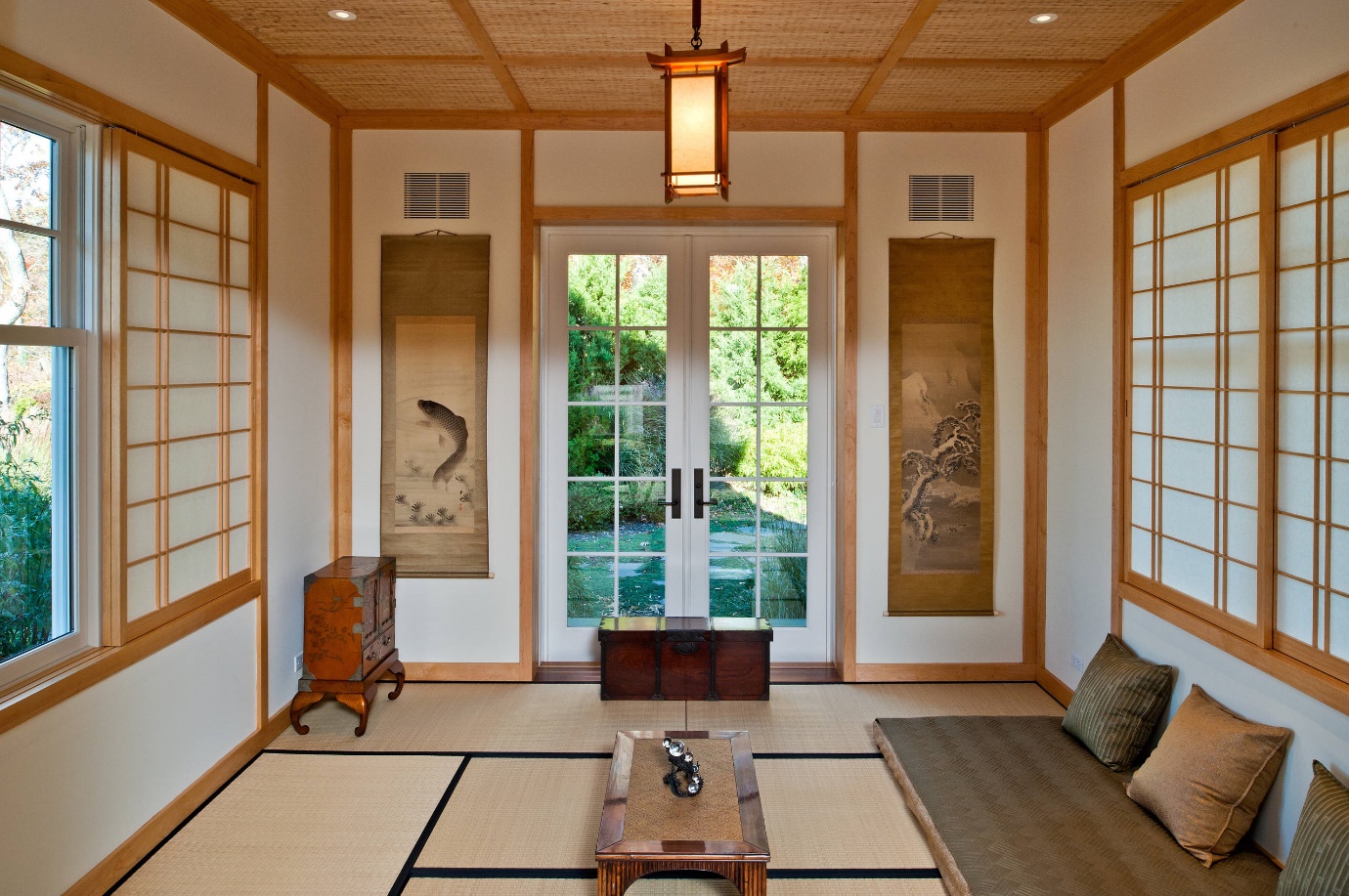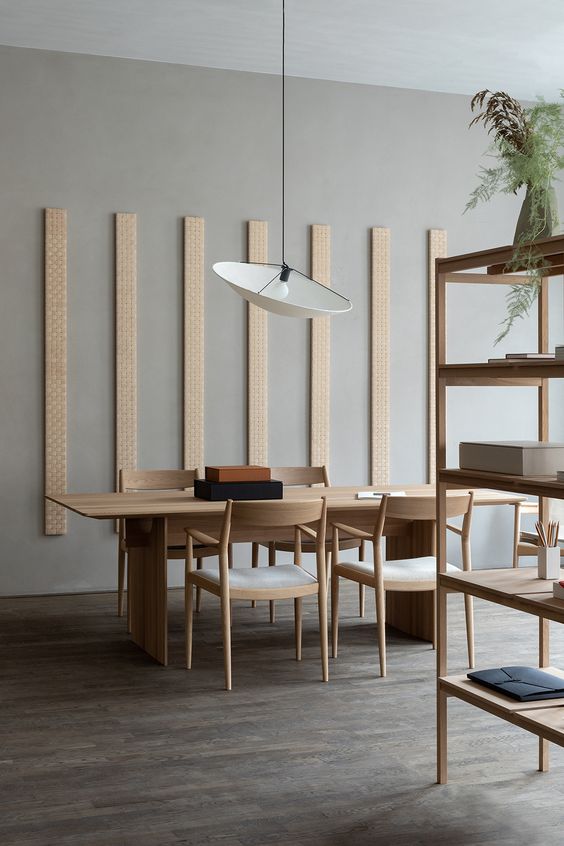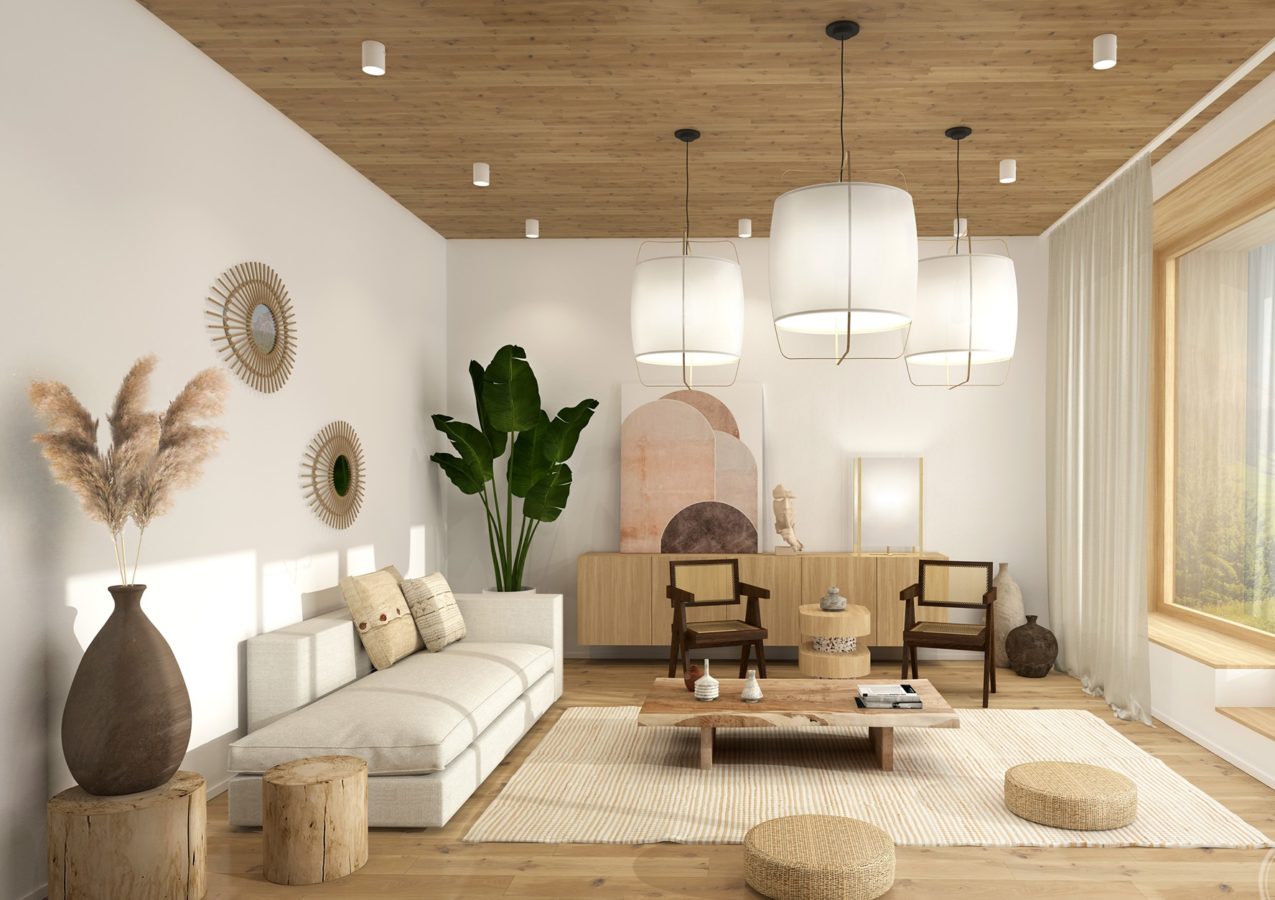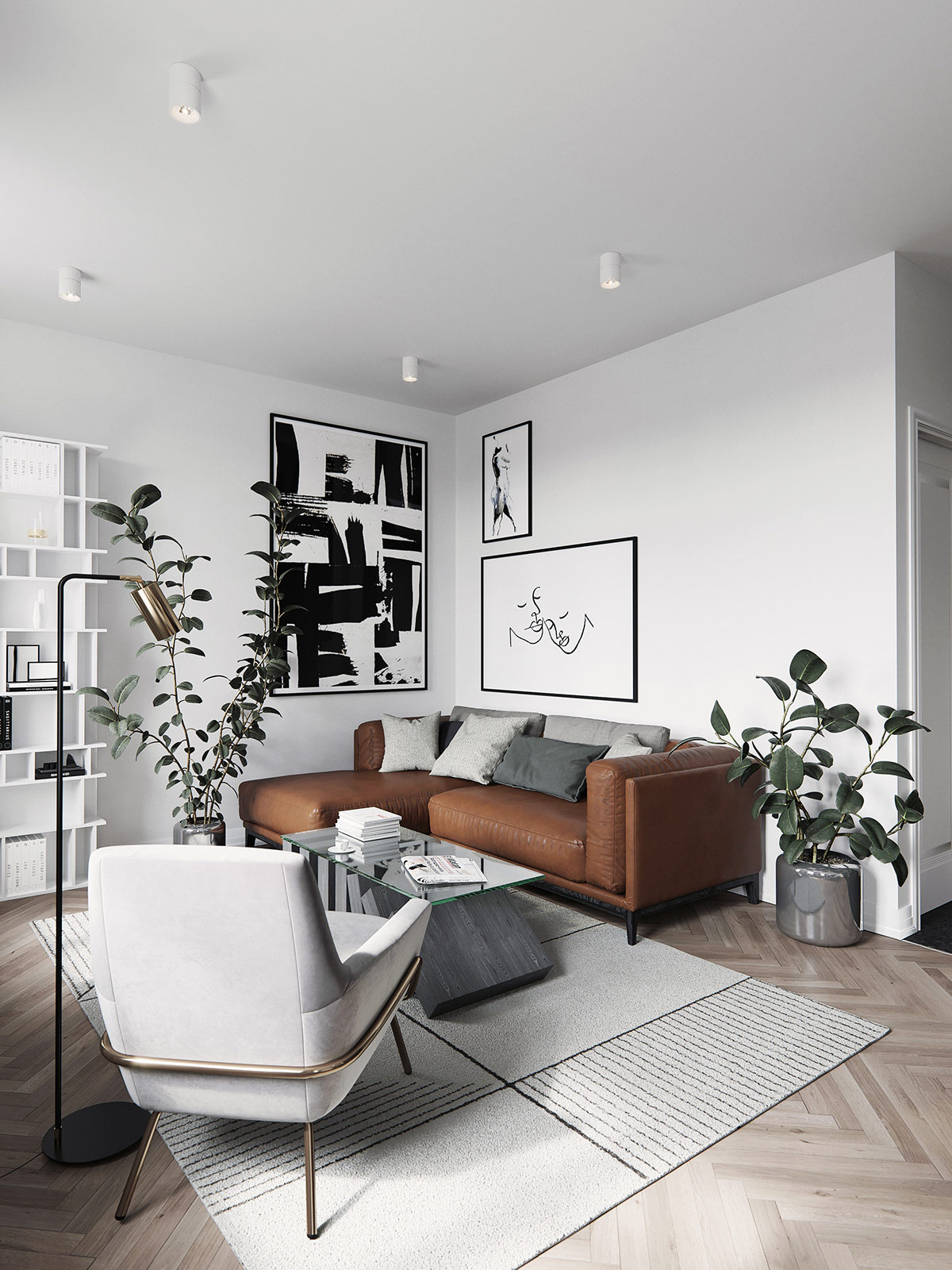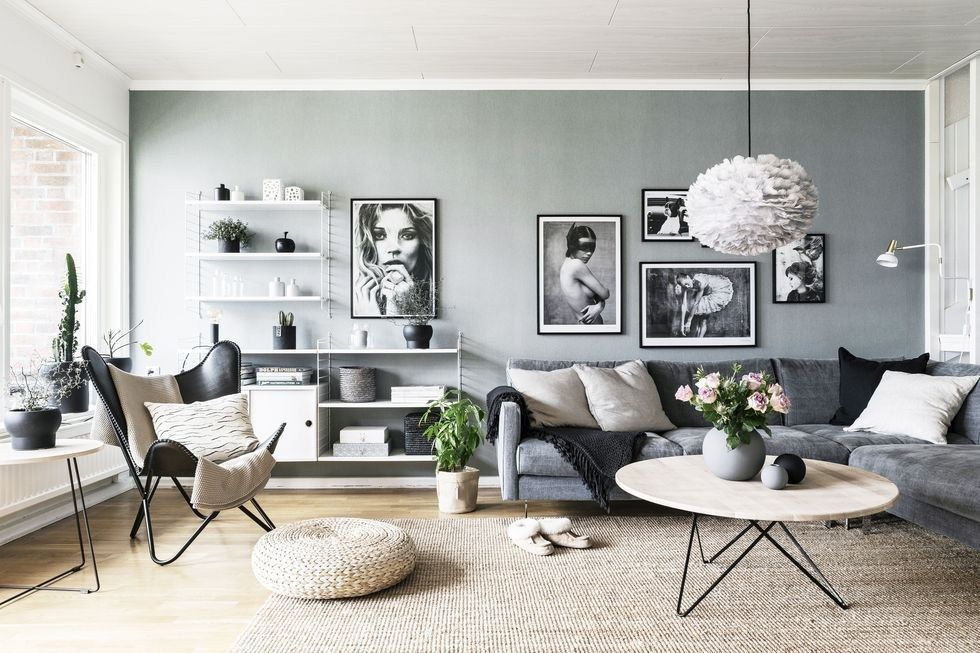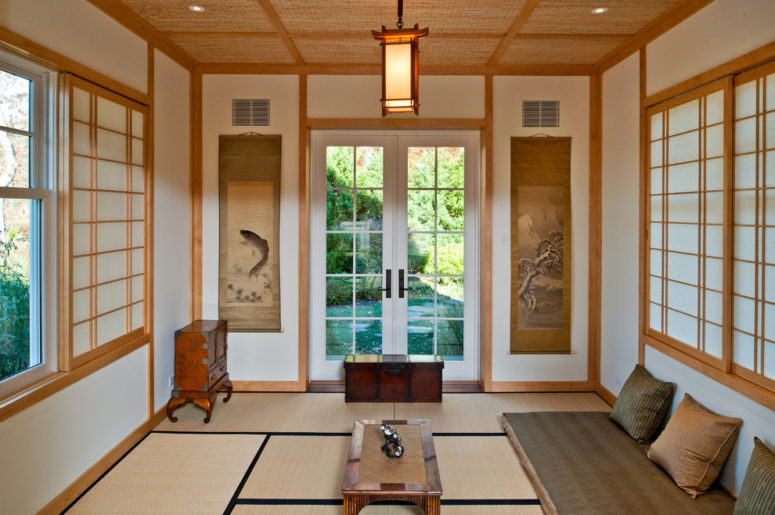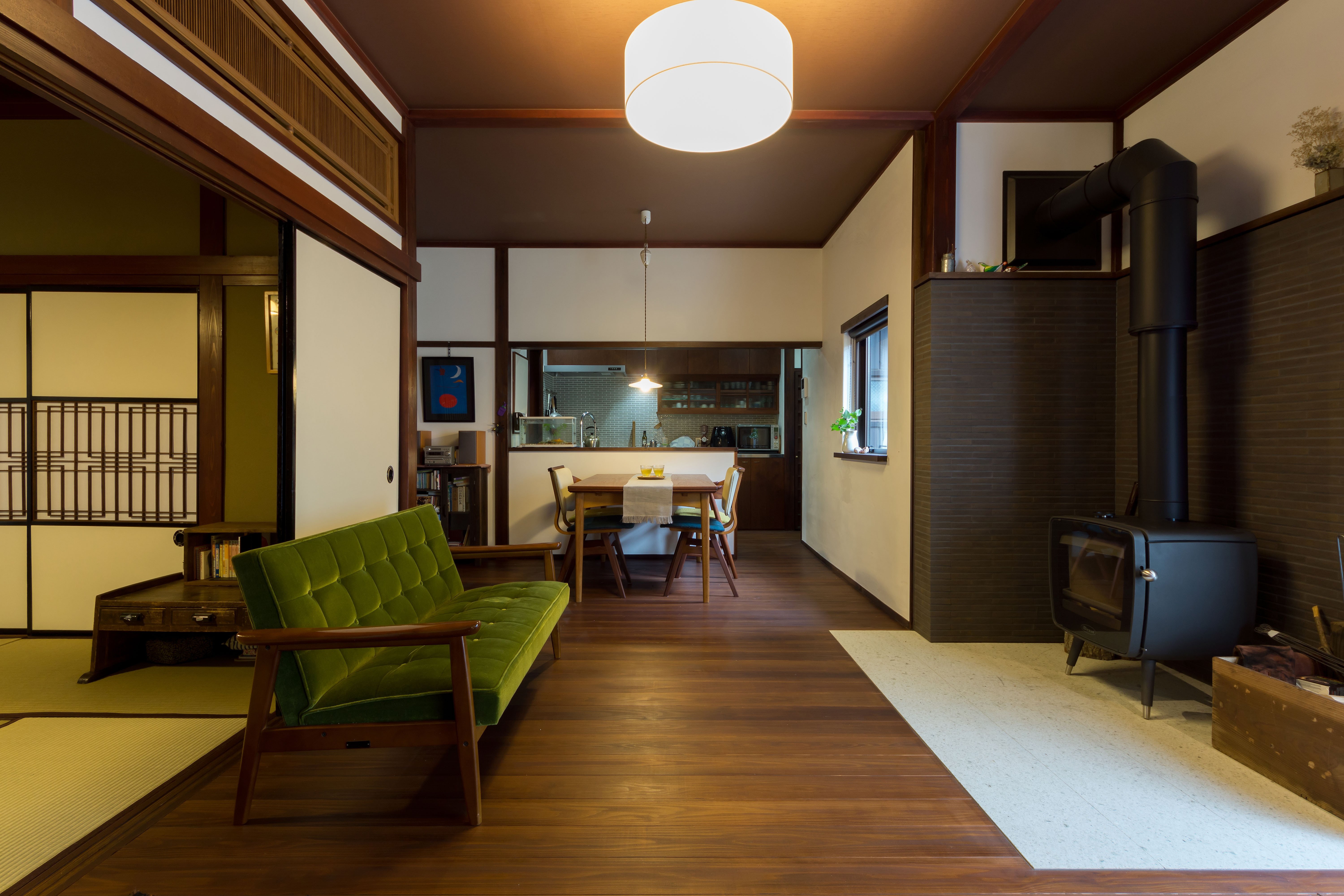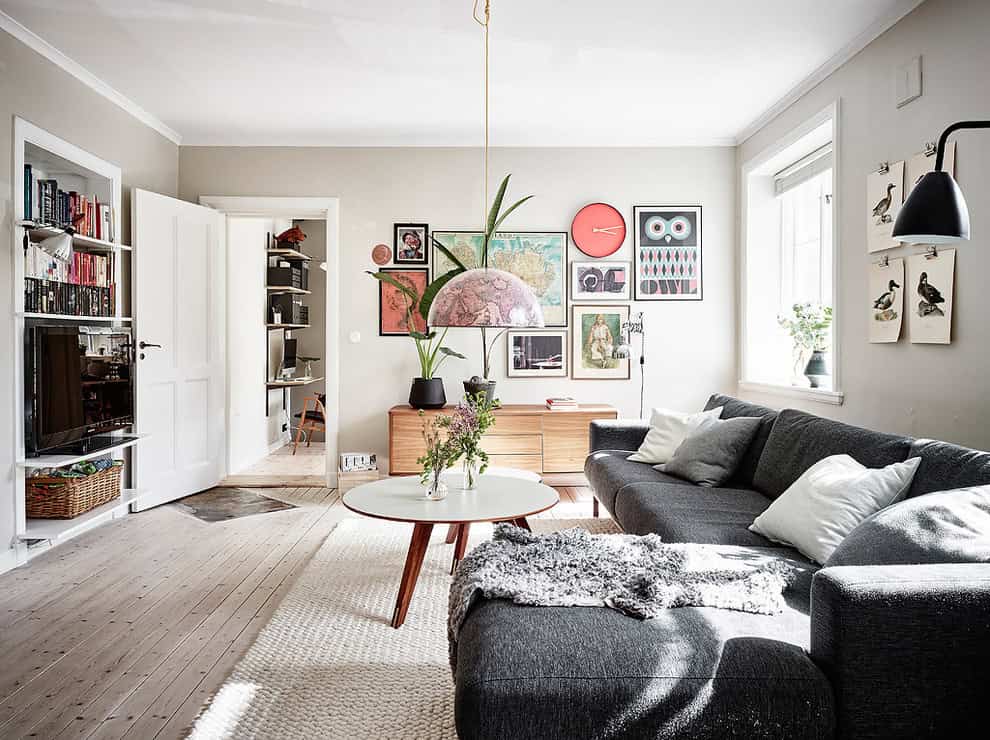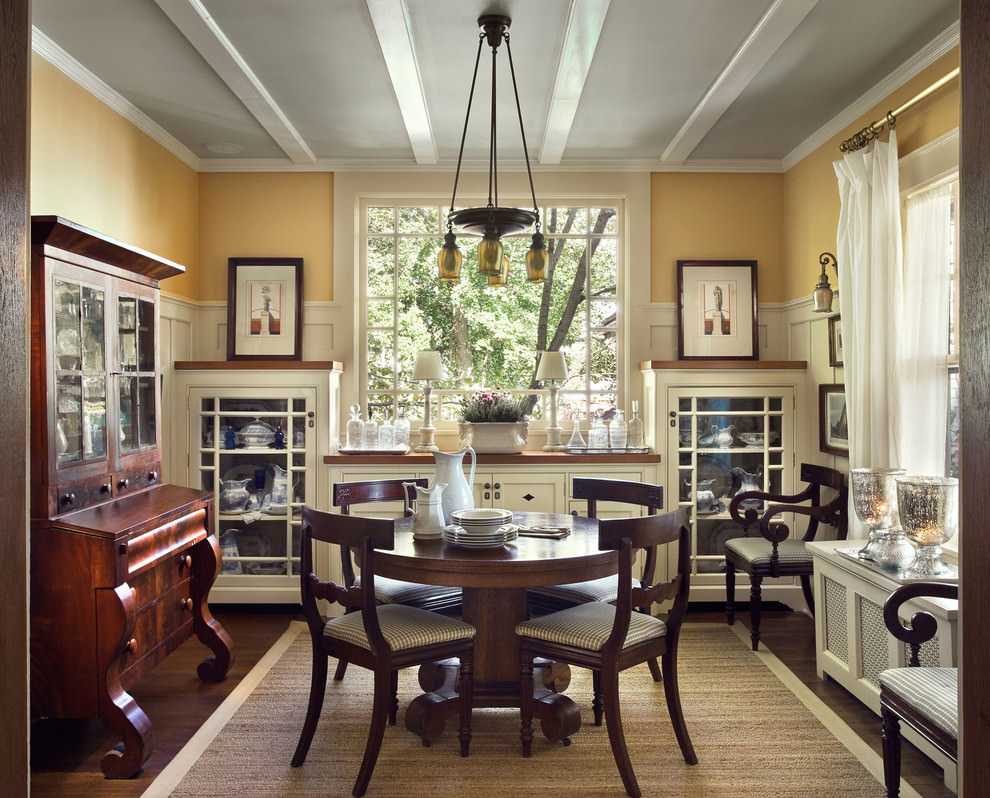Japanese-Scandinavian Fusion Living Room Design Ideas
The combination of Japanese and Scandinavian design elements creates a unique and beautiful fusion in the living room. The clean lines and simplicity of Scandinavian design blend seamlessly with the natural materials and minimalism of Japanese style. Here are 10 design ideas to help you achieve the perfect Japanese-Scandinavian fusion living room.
Stylish Japanese-Scandinavian Living Room Decor
The key to achieving a stylish Japanese-Scandinavian living room is to keep things simple and clutter-free. Utilize natural materials such as wood and stone for furniture and decor, and add pops of color with traditional Japanese textiles such as tatami mats and futon cushions. Keep the color palette neutral with touches of black, white, and earth tones for a modern and chic look.
Minimalist Japanese-Scandinavian Living Room Inspiration
The minimalist approach to Japanese and Scandinavian design is what makes them a perfect match. Embrace the simplicity and functionality of both styles by using furniture and decor with clean lines and natural materials. Keep the space clutter-free and only have essential items on display. This will create a calm and peaceful atmosphere, perfect for relaxation and mindfulness.
Cozy Japanese-Scandinavian Living Room Layout
A cozy living room is essential for any home, and combining Japanese and Scandinavian elements can create the perfect balance of warmth and functionality. Use cozy and comfortable seating, such as floor cushions or a kotatsu (a low, heated table), and add soft lighting with paper lanterns or shoji screens. Incorporate natural elements like plants and warm wood accents to add a touch of nature to the space.
Scandinavian-Japanese Living Room Furniture
The furniture in a Japanese-Scandinavian living room should be functional, simple, and made of natural materials. Look for pieces with clean lines and minimalistic designs, such as low-profile sofas and chairs, and wooden coffee tables. Incorporate traditional Japanese furniture like a low dining table or a tokonoma (a built-in alcove) for displaying artwork or a small bonsai tree.
Japanese-Scandinavian Living Room Color Palette
The color palette for a Japanese-Scandinavian living room should be a combination of neutral tones and pops of color. Stick to natural colors such as white, beige, and light wood for the base, and add small accents of color with traditional Japanese textiles and artwork. Consider incorporating one bold color, such as red or blue, for a statement piece.
Modern Japanese-Scandinavian Living Room Design
For a more modern approach to a Japanese-Scandinavian living room, consider incorporating elements of industrial design. Use materials like concrete, metal, and glass for a sleek and minimalist look. Combine this with traditional Japanese elements, such as a fusuma (sliding door) or shoji screen, for a unique and modern fusion.
Traditional Japanese-Scandinavian Living Room Decor
If you prefer a more traditional approach to your living room, incorporating elements of both Japanese and Scandinavian design can create a beautiful and harmonious space. Use natural materials such as wood and stone and display traditional Japanese artwork and textiles, such as ukiyo-e prints and kimonos. Keep the space clutter-free and utilize traditional Japanese storage solutions, like a tansu (chest of drawers), for a functional and authentic look.
Scandinavian-Japanese Living Room Lighting Ideas
Lighting is an essential element in any living room, and in a Japanese-Scandinavian fusion space, it should be both functional and aesthetically pleasing. Utilize natural light as much as possible, and add soft lighting with paper lanterns, shoji screens, or floor lamps. The use of candles and dimmable lights can also create a cozy and relaxing atmosphere.
Japanese-Scandinavian Living Room Textiles and Accessories
Incorporating traditional Japanese textiles and accessories is a crucial element in achieving a Japanese-Scandinavian living room. Utilize futon cushions, tatami mats, and shoji screens for a touch of Japanese culture. For a Scandinavian touch, add cozy knit blankets, sheepskin rugs, and minimalist artwork. Keep the space clutter-free and only display a few carefully chosen pieces for a clean and cohesive look.
The Perfect Blend of Japanese and Scandinavian Design in Your Living Room

Creating a harmonious fusion of two distinct design styles may seem like a daunting task, but the combination of Japanese and Scandinavian design in your living room can result in a unique and inviting space. While both styles have their own distinctive characteristics, they share a common principle of simplicity and functionality. By incorporating elements of both, you can achieve a balanced and serene living room that reflects your personal style and taste.
:max_bytes(150000):strip_icc()/japandi-design-4782478-hero-af2571137d51438080c3df66089a6b44.jpg)
Japanese design is known for its minimalism and emphasis on nature. The use of natural materials such as wood, stone, and bamboo is a key aspect of this style. The color palette is often muted, with a focus on earth tones and shades of white. Traditional Japanese homes also incorporate elements of Zen philosophy, promoting a sense of tranquility and mindfulness.
Scandinavian design , on the other hand, is characterized by its clean lines, functionality, and use of light. This style originated in the Nordic countries, where long, dark winters inspired a design approach that maximizes natural light and creates a warm and cozy atmosphere. Scandinavian interiors often feature a neutral color palette, with pops of color added through textiles and accessories.
So how can you combine these two seemingly different design styles in your living room? One way is to incorporate natural elements in your furniture and decor. A wooden coffee table or a bamboo shelf can add a touch of Japanese design, while a cozy sheepskin rug or a knitted throw can bring in the Scandinavian feel.
Another key element of both Japanese and Scandinavian design is the use of simple, functional furniture . Look for pieces with clean lines and minimalistic designs. A low-profile sofa and a sleek, wooden bookshelf can be the perfect blend of these two styles. Also, remember to keep clutter at bay – both Japanese and Scandinavian design value a clutter-free space, so make sure to only keep essential items in your living room.
Natural light is an essential element in Scandinavian design, but it can also be incorporated into Japanese design. Make the most of the natural light in your living room by using sheer curtains or opting for a light color scheme. This will create a bright and airy space that is both inviting and calming.
Finally, don't be afraid to add personal touches to your living room. Both Japanese and Scandinavian design value simplicity, but that doesn't mean your space has to be devoid of personality. Displaying a few carefully chosen pieces of artwork or adding some plants can add a personal touch and make your living room feel like home.
In conclusion, the fusion of Japanese and Scandinavian design in your living room can result in a unique and inviting space that promotes simplicity, functionality, and a connection to nature. By incorporating elements of both styles, you can create a harmonious and balanced living room that reflects your personal style and creates a sense of serenity in your home.



